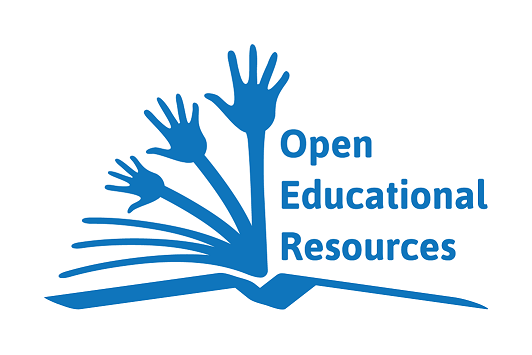Open Educational Resources
What are OERs (Open Educational Resources)? Free textbooks? Where do I find them?
OERs are course materials created for students without using expensive textbooks Open Educational Resources are teaching, learning, and research resourses released under an open license that permits their free use and repurposing by others. OERs can be textbooks, full courses, lesson plans, videos, tests, software, or any other tool, material, or technique that supports access to knowledge.
An OER-based degree, sometimes referred to as a Zero-Textbook-Cost degree, is a pathway to a degree or credential with no textbook costs. Faculty have redesigned the courses in the pathway to use Open Educational Resources for instructional materials. The nature of Open Educational Resources is very collaborative.
Find OERs in:
OpenStax College https://openstax.org/subjects
OER Commons https://www.oercommons.org/
MERLOT https://www.merlot.org/merlot/materials.htm?sort.property=overallRating
Community College Consortium for OER https://www.cccoer.org/
Lumen Learning https://www.lumenlearning.com/courses?
MIT Open Courseware https://ocw.mit.edu/index.htm
Saylor Academy https://www.saylor.org
Statistics on Textbooks and Materials
According to the College Board, the average full-time student spends between $1200.00 and $1300.00 per year on textbooks and supplies. That's as much as 40% of tuition at a two-year community college and 13% at a four-year public institution. For many students and families already struggling to afford a college degree, that is simply too much - meaning more debt, working longer hours, or making choices that undermine academic success.
A student saves $128 per course, when their traditionally published textbook is replaced with an open textbook. By extrapolating average student savings and applying it to larger segments of the student population, we can predict that open textbooks have the potential to save more than a billion dollars each year.
Copyright - Creative Commons
Creative Commons (CC) is an American non-profit organization devoted to expanding the range of creative works available for others to build upon legally and to share. The organization has released several copyright-licenses known as Creative Commons licenses free of charge to the public.
1. Attribution CC BY 
This license lets others distribute, remix, tweak, and build upon your work, even commercially, as long as they credit you for the original creation. This is the most accommodating of licenses offered. Recommended for maximum dissemination and use of licensed materials.
2. Attribution ShareAlike CC BY-SA 
This license lets others remix, tweak, and build upon your work even for commercial purposes, as long as they credit you and license their new creations under the identical terms. This license is often compared to "copyleft" free and open source software licenses. All new works based on yours will carry the same license, so any derivatives will also allow commercial use. This is the license used by Wikipedia, and is recommended for materials that would benefit from incorporating content from Wikipedia and similarly licensed projects.
3. Attribution-NoDerivs CC BY-ND 
This license allows for redistribution, commercial and non-commercial, as long as it's passed along unchanged and whole, with credit to you.
4. Attribution-NonCommercial CC BY-NC 
This license lets others remix, tweak, and build upon your work non-commercially, and although their new works must also acknowledge you and be non-commercial, they don't have to license their derivative works on the same terms.
5. Attribution-NonCommercial-ShareAlike CC BY-NC-SA 
This license lets others remix, tweak, and build upon your work non-commercially, as long as they credit you and license their new creations under the identical terms.
6. Attribution-NonCommercial-NoDerivs CC BY-NC-ND 
This license is the most restrictive of our six main licenses, only allowing others to download your works and share them with others as long as they credit you, but they can't change them in any way or use them commercially.



